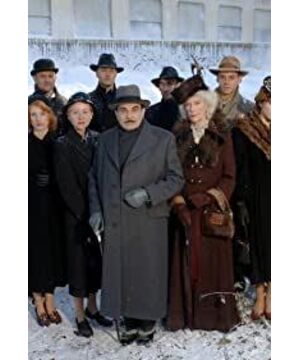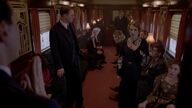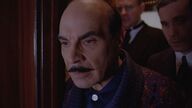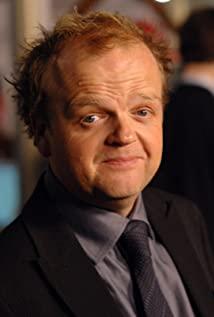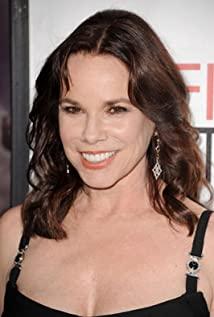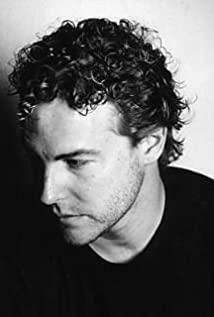In fact, it is because of two points, one is the detection rate, and the other is excessive retaliation.
If the case-solving rate is low, lynching will often wrong good people, and in many barbaric places it will become a tool for local tyrants to oppress ordinary people.
Excessive revenge is the general belief that others have done more harm to them, so revenge often exceeds reasonable limits. And this out-of-limit revenge will lead to an escalation of hatred. In the end everyone is a victim.
Therefore, in a country with a sound rule of law, if lynching is allowed, it may cause even greater consequences. Because we humans are not all-knowing and omnipotent, we can neither guarantee that good people will not be wronged nor that the punishment will be appropriate, nor can we guarantee that bad people will use lynching to harm innocent people.
Modern society rejects lynching because the mob is more unjust than the law.
View more about Murder on the Orient Express reviews


